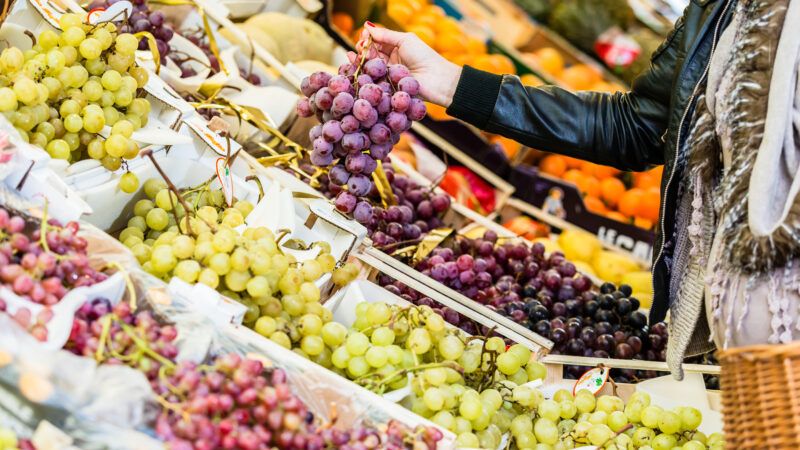Strange Bedfellows Oppose Improving Maine's Food Sovereignty Law
Grocery stores hate expanding food freedom, but why is the head of Maine's farmers market coalition so nervous?

Maine lawmakers are considering a set of bills that would expand and improve the state's already good food sovereignty law. But some unlikely foes oppose the changes.
As I detailed in a 2018 column, Maine's food sovereignty law, adopted in 2017, allows local governments in the state to opt in to the state law by passing a local ordinance to exempt many direct-to-consumer food sales from burdensome state licensing and inspection requirements.
The food sovereignty movement began to emerge in Maine a decade ago in response to an absurd state law that required farmers who wished to sell as little as one chicken per year to spend tens of thousands of dollars to slaughter and process the bird. Supporters of the law, me included, consider food sovereignty an immediate expansion on the freedoms of Mainers and their right to economic choice.
To date, at least 86 cities and towns have opted in to the state's popular food sovereignty law. That's a fourfold increase from 2018.
Currently, two amendments to the law are being considered. The first, An Act To Clarify the Maine Food Sovereignty Act, would eliminate the current requirement that all sales must occur as "a face-to-face transaction… at the site of production." That change would allow transactions instead to take place theoretically between buyers and sellers outside a home or farm and allow such sales to occur online, over the phone, at a farmers market, or in any other direct (rather than just face-to-face) manner. The second, An Act To Provide Equal Access to the Benefits of the Maine Food Sovereignty Act, would require counties to allow unincorporated areas inside their borders to take advantage of the food sovereignty law.
As the Bangor Daily News reported recently, these changes are intended to "make the state's local food economy stronger by increasing opportunities for unlicensed home-based food businesses."
Not everyone supports the amendments. While opposition to these food sovereignty amendments is coming from predictable foes—the state's larger, licensed food businesses—it's also coming from a surprising quarter: Maine's farmers markets. They're worried that sales of uninspected foods will give farmers markets and their vendors a bad name.
"I think there is a lot of value for an individual to be familiar with the way food is produced and to know if it has been produced in a facility that does or does not meet food safety rules," Mark Guzzi, president of the Maine Federation of Farmers Markets, told the Daily News. "By limiting the site of sale to the site of production, you are allowing consumers to have a better understanding of where and how that food is produced [when the purveyor is unlicensed]."
Guzzi's fears are unfounded. First, the number of farmers markets in Wyoming has grown by 70 percent since that state's groundbreaking food freedom law took effect. (Food freedom laws are inherently better than food sovereignty laws because the former deregulate many food sales throughout a given state, while the latter apply only in the cities and towns that have opted in by passing a local ordinance.)
Second, there have been no reports of any foodborne illnesses caused by foods sold under Maine's 4-year-old law. The exemplary food-safety record of Maine's law tracks with the experiences under Wyoming's food freedom law and the growing number of such laws in other states.
The complete absence to date of any reported cases of foodborne illness caused by uninspected foods sold under food sovereignty and food freedom laws is not the reason these laws should exist. After all, we don't allow, say, ground beef to be sold only because it's never sickened anyone. It has.
But the lack of foodborne illnesses is certainly evidence that critics of food freedom and food sovereignty were wrong when they predicted these laws would have a negative impact on food safety. Instead, the food-safety successes to date of food freedom and food sovereignty laws should cause fair-minded people to ask whether current federally mandated inspection processes truly make food—and consumers—safer.



Show Comments (116)